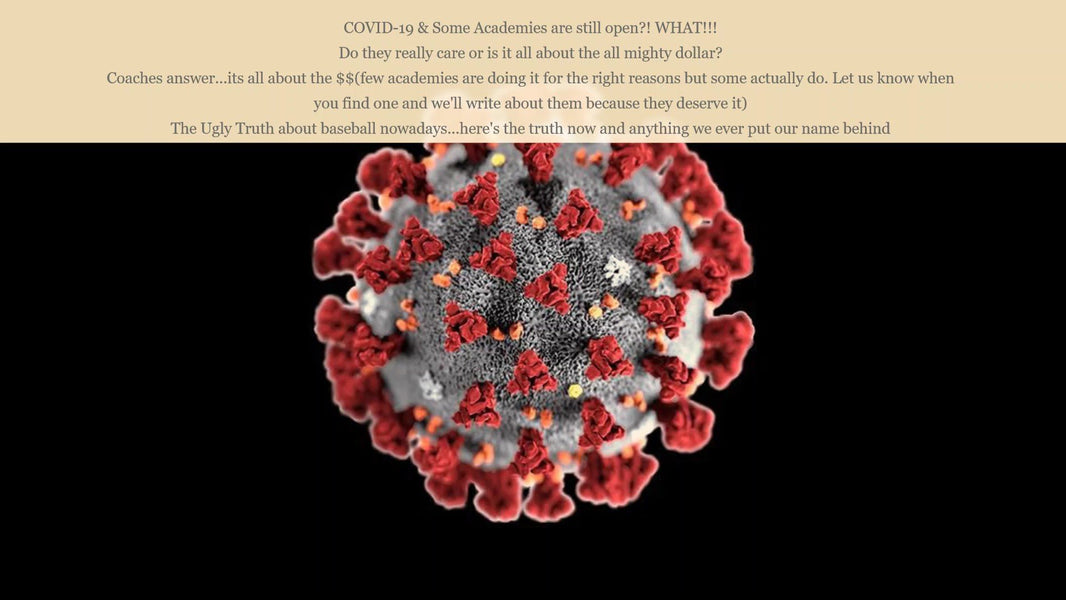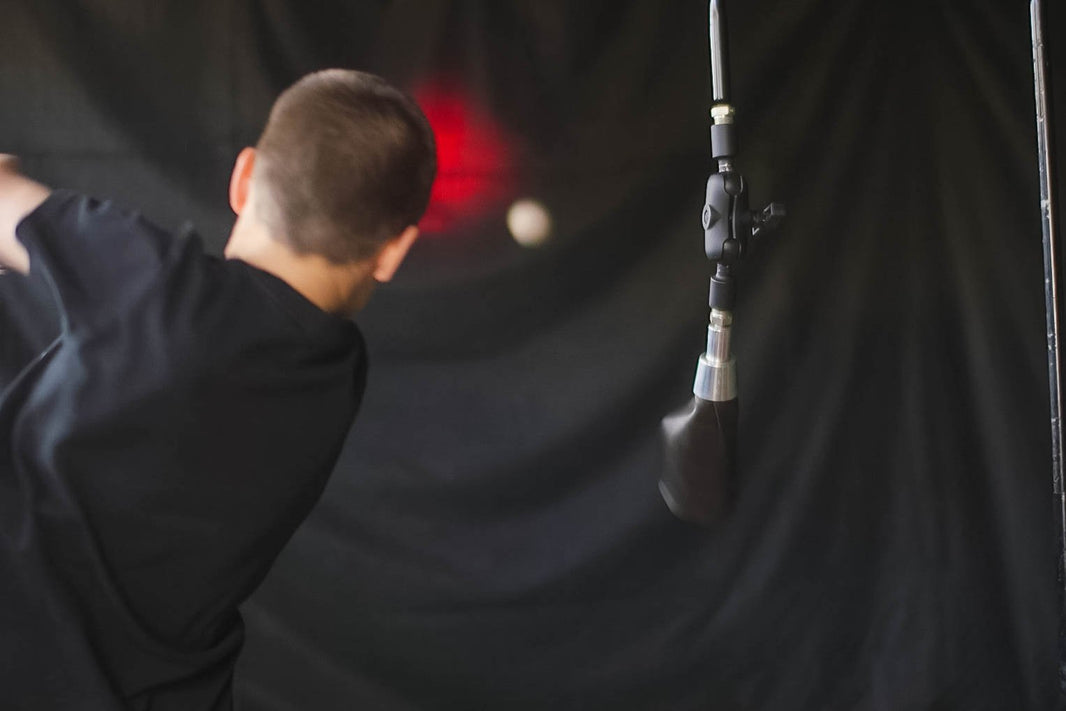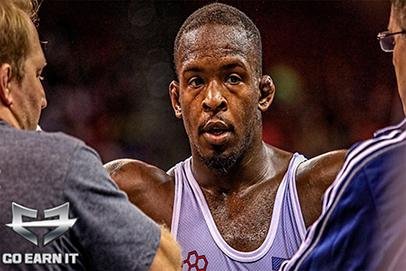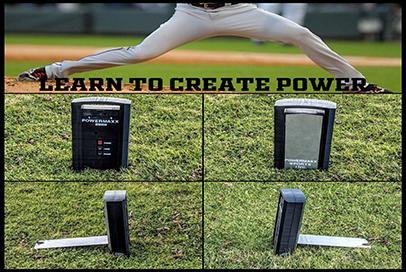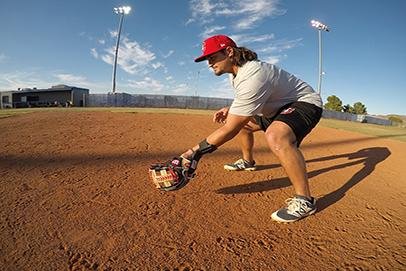Early sports specialization is bigger than ever.
Gone are the days where almost every kid played two, three or even four different sports throughout the course of the year. In their place, many children are sticking with the same sport year-round, spending a ton of time and energy on travel teams, skill lessons and specialized training for that activity. What's driving this increase in early specialization.
Fear. Sports parents worry that if their child isn't one of the best players at an early age, then they have little chance of being one of the best ones in high school, which means their odds of earning a college scholarship will be scarce. Fear can motivate athletes to work hard, but has fear done more harm than good among youth athletes and their parents?
There is always the fear you and/or your child aren't doing enough. You aren't doing enough throwing lessons, batting practice or fielding practice. "The kid next door is getting ahead, we must do more." What if doing more isn't always what's best in the long run? We have become a society that builds specialists, not athletes, and this needs to change. While early specialization might result in a youth athlete standing out at an early age, it rarely serves them well when they get older and the games start to matter more.
"Take time off...Don't treat 6- and 7-year-old kids like they're professional athletes.''
-Dr. James Andrews
Focusing on one skill set and one sport at a young age will only leave other skills untrained and neglected. So, what do coaches and parents need to do to help mold kids into athletes before they become specialists?
1. Introduce kids to multiple sports at an early age
One of the most frequently asked questions in youth sports is simply, "What can my kid do to be more athletic?"
For kids to become athletic, we must give them the opportunity to develop versatile athletic skills. The best way we can accomplish this is by having them play multiple sports from a young age. Each sport presents its own unique challenges, and overcoming those challenges develops unique skills that simply can't be mimicked anywhere else. Think about:
- The nimble footwork that's built on the soccer pitch
- The hand-eye coordination and focus built on the baseball diamond
- The elusiveness and physicality built on the football field
- The jumping skills and short-area quickness built on the basketball court
Sure, we can set up drills that look like these sports, but the best way to develop the skill sets required to be great at these sports is by playing those sports. You want your kid to be more athletic? Let them be an athlete! Put them in situations where they have to rely on different forms of athleticism to be successful.
"Baseball is not a year-round sport." -John Smoltz
2. Youth sports performance training should focus on athleticism
When we get the chance to train kids who play one sport most of the year, we get excited. This is our opportunity to help them get closer to being a whole athlete. Making them perform movements that are direct representations to what they do on the field is accomplishing nothing but changing the scenery. If anything, it's only increasing their risk of overuse injuries and burnout. Growing bodies and minds crave variety.
Focus on fundamental movements that will help them not only today, but also in the future. Can they perform a good squatting pattern and a good hinging pattern? Can they lunge? Can they push and pull their own body weight? You can make an argument for even simpler movements, such as skipping and crawling. If you want a child to get faster and become a better runner, should we really expect much if they can't skip first?
Youth athletes who seek out training also often desire to get stronger. But simply getting them to fix the imbalances they accrued during a long season (which was particularly long if they specialize) can go a long way. We need to get them back to neutral before we can get them stronger. Helping them get out of bad positions or movement patterns developed during the season will put them on a better path to becoming a great athlete. Don't "add strength to dysfunction," as physical therapist Gray Cook puts it. Put them in an environment that de-trains the bad and adds strength to a well-functioning body.
3. Prevent injuries
Baseball has come under fire in recent years due to the many elbow and shoulder injuries suffered by many young ballplayers.
We don't think it's as simple as just blaming one thing, or pointing a finger at one person or organization, but we can all appreciate the role overuse and early specialization have both played in this injury epidemic. Taking time off from throwing allows the body to heal from smaller injuries that could possibly turn into bigger ones in future months or years. If we continue to add stress to the body without proper rest, avoid addressing imbalances in the body that have accrued, and ignore a proper strength training program, we put kids on the fast track for an injury.
"The problem is not lack of knowledge; the problem is lack of action and consequences."
-Eric Cressey
Some of the most respected minds in baseball, names like Dr. James Andrews, Eric Cressey, Mike Boyle, and Hall of Fame pitcher John Smoltz, have all spoken on this subject. Use their knowledge to your advantage. There are countless athletes, trainers, and researchers who have acknowledged the pitfalls of early specialization among athletes and discussed how early specialization can do more harm than good. The knowledge and expertise are out there, but it's up to you to use it. Many of us view smokers in today's world as foolish. "How do they smoke with all that research that says how terrible it is for you?" Let's take that viewpoint to another subject. How do parents and coaches allow for early specialization when the research and experts are pushing so hard for less specialization?
By building a strong foundation of versatile athleticism, we create athletes who are healthy and prepared to take the next step in their development. They've got plenty of time to focus on specialization and mastering sport-specific skills. But they've only got one chance to ingrain that great base of athleticism and build a well-rounded body. The following studies are excellent resources on the topic of youth sport specialization:






